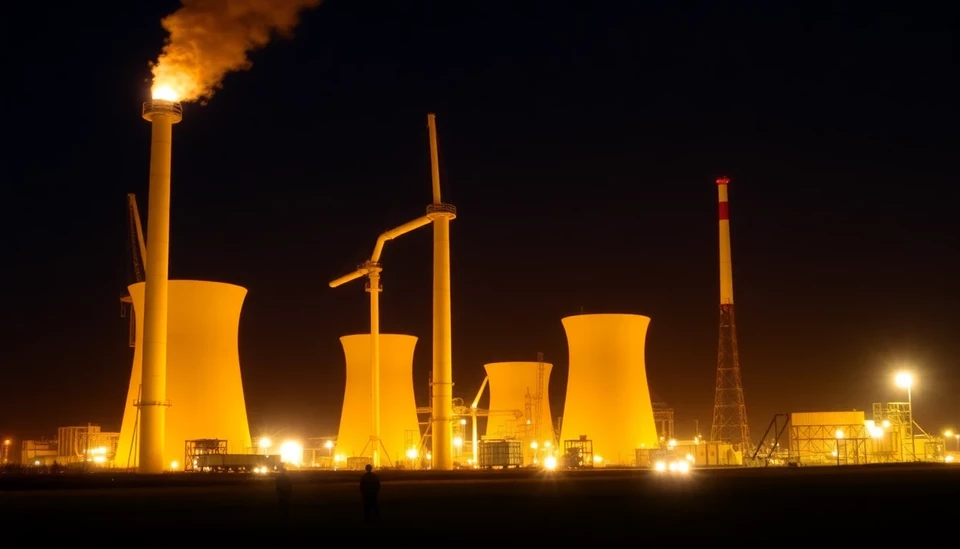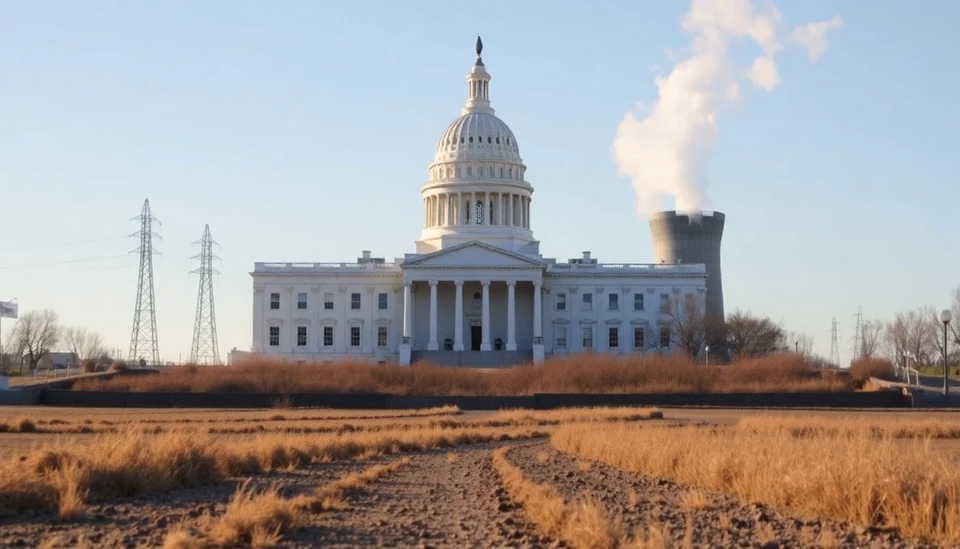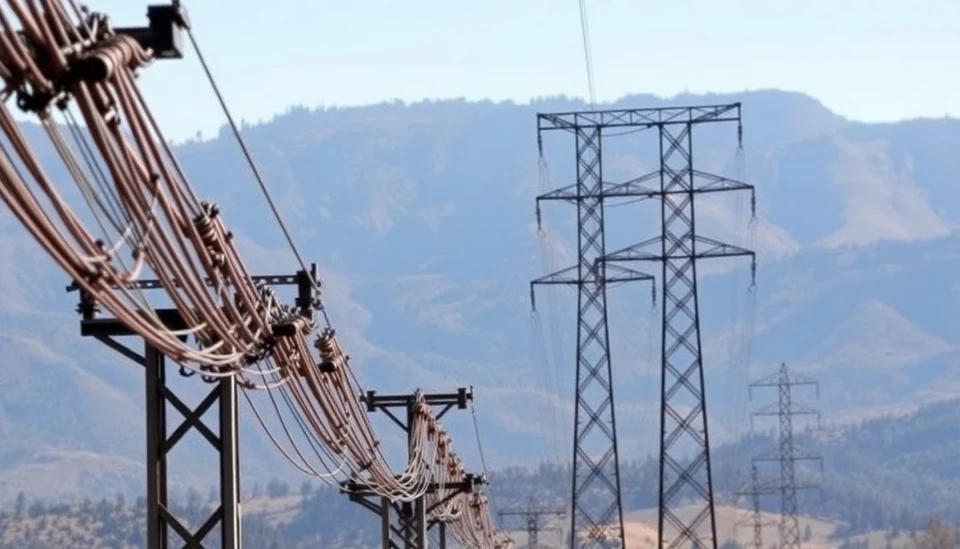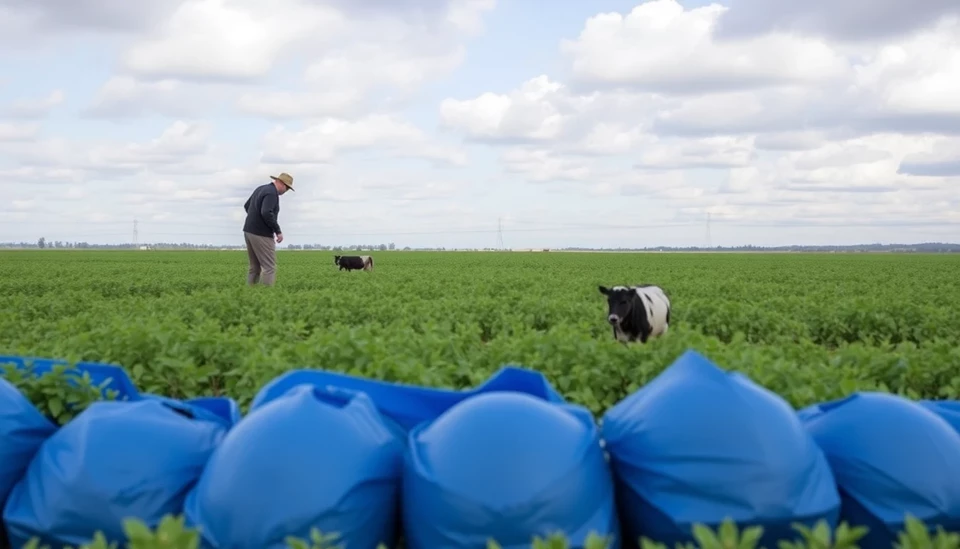
The UK’s climate regulatory body has issued a compelling call for the country to significantly ramp up its emissions reduction efforts before the critical 2035 deadline. This recommendation comes amid increasing concerns about the pace of climate change and the efficacy of current strategies in mitigating environmental crises. The expectation is that an acceleration in emissions cuts will not only align with the targets set in the UK’s legally binding climate legislation but also bolster the country’s international reputation as a leader in climate action.
In its recent assessment, the Climate Change Committee (CCC) highlighted that the government must lay a more aggressive framework for achieving its carbon neutrality goals. Specifically, the CCC emphasizes that existing measures are insufficient and that current policies are lagging in performance, effectively jeopardizing the UK’s ambition to be a net-zero emissions economy by 2050.
The urgency of the CCC's recommendations is underscored by the mounting evidence that global temperatures are rising at an alarming rate. Detailed reports show that the UK's progress in reducing greenhouse gas emissions has stalled, prompting the CCC to warn that unless decisive action is taken soon, the nation risks missing its commitments.
The CCC outlined key areas where improvements could be made, including a greater investment in renewable energy sources, enhanced energy efficiency measures across all sectors, and an overhaul of transport policies to prioritize sustainability. Additionally, the committee called for incentivizing the adoption of greener technologies and fostering innovation to ensure that the UK can pivot to a low-carbon economy effectively.
Politicians and environmentalists have responded to the CCC’s report with a mix of support and skepticism. While there is an appreciation for the necessity of stringent policies, concerns linger regarding the political will to advance these initiatives, especially given the broader economic challenges the country is facing. The backlash against swift climate reforms tends to arise from fears about potential job losses in traditional sectors and rising costs for consumers.
Moreover, public sentiment appears divided, with some segments of society demanding urgent action and others prioritizing economic stability over environmental reforms. The CCC is steadfast in its push, asserting that the long-term benefits of climate action far outweigh the immediate challenges and that transitioning to a sustainable economy can drive job creation in future-ready industries.
As the UK grapples with these significant issues, it remains to be seen whether the government will heed the CCC’s call for accelerated emissions cuts. The stakes are undeniably high, with the country's environmental future hanging in the balance as the clock ticks down to the 2035 deadline.
In conclusion, the Climate Change Committee’s latest report serves as a pivotal reminder of the pressing need for the UK to intensify its climate efforts. With the effects of climate change becoming increasingly evident, the time for action is now, and the government must rise to the occasion to ensure it meets its ambitious targets for sustainability and environmental stewardship.
#ClimateChange #UK #EmissionsCuts #Sustainability #RenewableEnergy #ClimateAction #NetZero #ClimateCrisis
Author: Sophie Bennett




